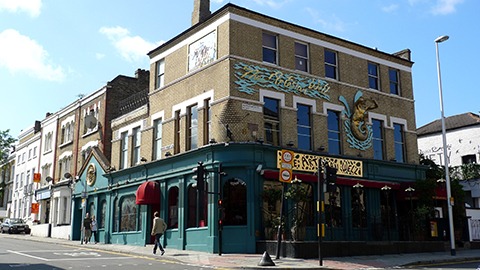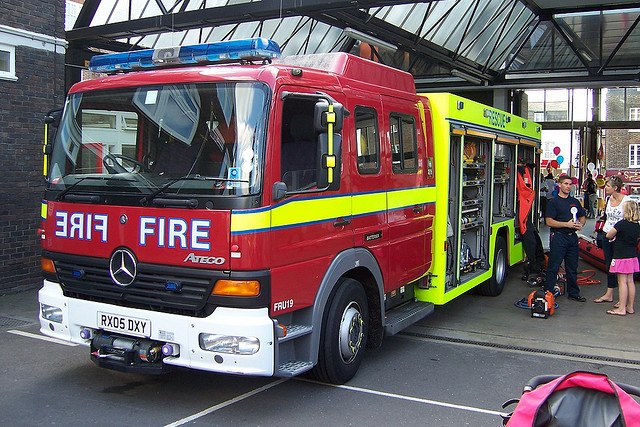
The Artesian Wells, one of Clapham’s most known clubs, will not face a ban on early morning alcohol sale.
Lambeth Council has recently rejected an early morning restriction order which Bans the sale of alcohol in early morning hours, claiming an EMRO may not be the best solution for late-night disturbance.
Similarly Blackpool rejected a proposed ERMO in February. The proposed EMRO for Lambeth Council would have covered the area of Wandsworth Road and North Street in Clapham, cutting short the night life business.
Voices of concern have been raised in the past years, claiming alcohol related disturbance and antisocial behaviour.
Cllr Jack Hopkins, cabinet member for community safety, said: “Councils across the country have tried to use this new power, all coming up short. We have to find a better way to protect our residents from alcohol-related antisocial behaviour – but it’s starting to look like the legislation isn’t as helpful as it needs to be.”
The council’s decision will come as a relief to local nightlife business owners who were afraid the act will deeply affect their livelihoods.
Rudy Weller, owner of Clapham’s well known Artesian Well club, said in October: “This is a sledgehammer to crack a nut. We’ve been here for 14 years, there’s been next to no trouble. We’re being picked on and harassed by a more powerful body than we can combat.”
The Licensing Committee are to review the decision in six months’ time, with the decision influenced by whether or not the situation in the area improves.
In a response to the council’s decision, Association of Licensed Multiple Retailers strategic affairs director, Kate Nicholls said: “We are obviously very pleased that the Council has seen common sense and not sought to penalise operators with a restriction that is tantamount to an ASBO for the area”.
Lambeth Council was the first authority in London last year, to launch a full EMRO consultation. No other local authorities have been reported to consult such measures.
In January, the Publican’s Morning Advertiser published a report sating almost four times as many people stood against the plans for an EMRO, than supported it, with nearly 400 people.



